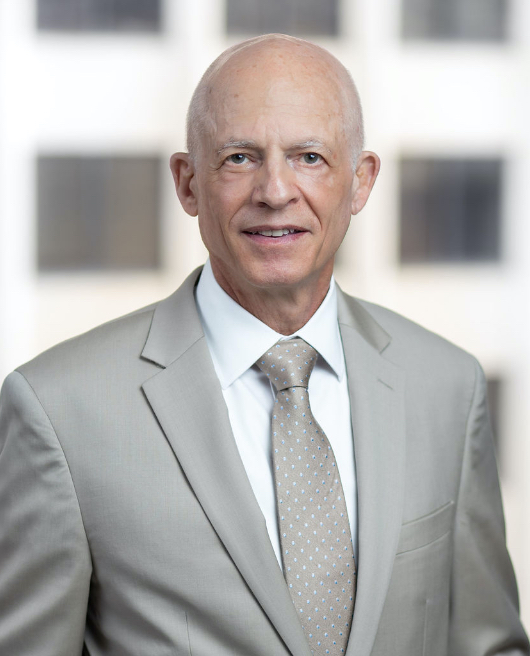ACTA in the News
Moral Failure and Government Intrusion at Harvard
To understand the crisis in American higher education, it is necessary to hold two thoughts at once. American higher education remains the envy of the world, with seven of its universities in the top 10 of Times Higher Education’s World University Rankings. Yet the behavior on many campuses has caused public confidence in higher education to plummet.
